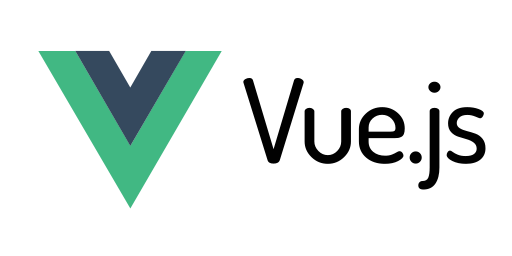
Introduction
In the dynamic world of web development, PHP has been a cornerstone language, powering a significant portion of the web. Among the many frameworks built on PHP, Laravel has emerged as a dominant force, lauded for its elegant syntax, robust features, and the developer-friendly environment it fosters. This article explores Laravel, highlighting its key features, benefits, and why it has become the framework of choice for modern web developers.
A Brief History of Laravel
Laravel was created by Taylor Otwell and first released in June 2011. Otwell’s goal was to provide an alternative to the CodeIgniter framework, which was popular at the time but lacked certain features like built-in support for user authentication and authorization. Laravel quickly gained popularity due to its simplicity, ease of use, and the comprehensive set of tools it offers out of the box. Over the years, Laravel has undergone significant evolution, with its ecosystem expanding to include a vast array of tools and libraries.
Key Features of Laravel
- Elegant Syntax and Developer ExperienceLaravel is built with developer experience in mind. Its syntax is expressive and clean, making it easy to read and write code. This elegance not only enhances productivity but also ensures that the code is maintainable and scalable. Laravel’s use of Eloquent ORM (Object-Relational Mapping) simplifies database operations, allowing developers to interact with the database using an intuitive syntax.
- Blade Templating EngineLaravel comes with Blade, a lightweight yet powerful templating engine. Blade allows developers to write HTML templates with embedded PHP code, making it easy to manage and organize views. Blade also includes features like template inheritance and sections, which promote code reuse and consistency across an application’s UI.
- Routing and MiddlewareLaravel’s routing system is both flexible and easy to use. It allows developers to define routes for their web application in a straightforward manner. Additionally, middleware in Laravel provides a way to filter HTTP requests entering your application, making it simple to implement features like authentication, logging, and CSRF protection.
- Artisan Command-Line InterfaceArtisan is Laravel’s powerful command-line interface (CLI). It comes with a range of built-in commands for tasks like database migrations, seeding, and running tests. Artisan greatly enhances productivity by automating repetitive tasks and enabling developers to extend its functionality by creating custom commands.
- Comprehensive EcosystemLaravel’s ecosystem is one of its strongest features. Tools like Laravel Forge and Envoyer provide seamless deployment and server management, while Laravel Mix simplifies asset compilation. Additionally, Laravel Horizon offers an intuitive dashboard for monitoring queues, and Laravel Passport handles API authentication with ease.
- Security FeaturesLaravel prioritizes security, offering built-in protection against common vulnerabilities like SQL injection, cross-site scripting (XSS), and cross-site request forgery (CSRF). Its authentication system is robust and can be easily extended to accommodate complex requirements.
Why Laravel?
- Rapid DevelopmentLaravel’s emphasis on simplicity and convention over configuration allows for rapid development. The framework’s ready-made solutions for common tasks mean that developers can focus on building features rather than worrying about low-level details.
- Strong Community and EcosystemLaravel has a thriving community that contributes to its ecosystem, ensuring that it remains at the cutting edge of PHP development. The availability of high-quality packages and plugins means that developers rarely need to build features from scratch.
- VersatilityLaravel is versatile enough to be used in projects of any size, from small websites to large enterprise applications. Its modular design and scalability make it a suitable choice for a wide range of applications, including e-commerce platforms, content management systems, and complex APIs.
- Learning ResourcesLaravel’s popularity has led to the creation of a wealth of learning resources. From official documentation to online tutorials, screencasts, and community forums, developers have access to ample support as they navigate their way through the framework.
Challenges and Considerations
While Laravel offers many benefits, it’s not without its challenges. Performance can be an issue in very large applications if not managed correctly. Also, developers unfamiliar with modern PHP or Laravel’s conventions may face a steep learning curve. However, these challenges are often outweighed by the benefits that Laravel brings to the table.
Conclusion
Laravel has undeniably revolutionized PHP web development, offering a framework that combines elegance, efficiency, and robust features. Whether you’re a seasoned developer or just starting, Laravel provides the tools and community support to build powerful, scalable web applications. As the web continues to evolve, Laravel’s commitment to innovation ensures that it will remain a leading choice for developers around the world.


